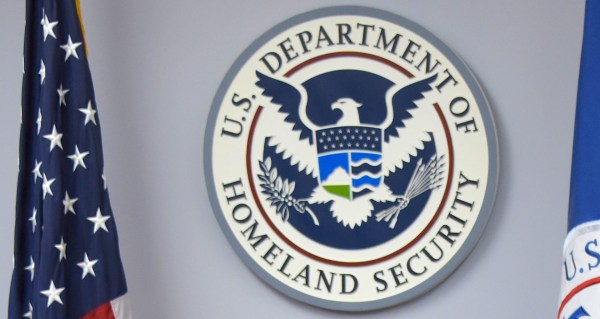Feds on FirstNet: So far, so good
Federal officials overseeing the creation of FirstNet, the nationwide public safety broadband network, are pleased with how things are shaping up ahead of its forthcoming request for proposals.
Speaking Thursday at the Armed Forces Communications and Electronics Association’s Law Enforcement IT Day, FirstNet Executive Director TJ Kennedy called the past 12-15 months “very, very impressive,” with federal, state and local jurisdictions eager to weigh in on details that went into a draft RFP released last month.
Kennedy said people from his organization have met one-on-one with 30 states and territories to talk about acquisition and interoperability challenges, with another 19 meetings scheduled before Labor Day.
He also said while FirstNet will be primarily used on the state and local levels, the federal government has been a crucial player in overcoming the early challenges associated with interoperability.
“The federal consultation efforts have been very productive,” Kennedy said. “One of the great things about FirstNet is we’re really talking about a network that is the same across the country, on one swath of spectrum, that will work with federal, state and local. Some of the interoperability issues are spectrum issues, so we tackled that one right up front.”
One person helping solve those spectrum issues is David Simpson, the chief of the Federal Communication Commission’s Public Safety and Homeland Security Bureau. He spoke Thursday on how the culture will need to change if FirstNet is to keep up with the rapid transition of the country’s communications infrastructure.
“The ability for public safety to continue to live in the bubble that is switch-based, that is copper-oriented, that has attack vectors around the facility that you see, those days are rapidly disappearing,” Simpson said.
He said that bubble has been comfortable for public safety professionals for the past 50 years, but change is needed if cops are to stay connected to emerging technology.
“We’ve been risk-averse,” Simpson said. “We preserve legacy capabilities because we understand them. We know we are getting out of them what we need. But the last thing a police officer needs before he is about to kick down a door is to worry about their [communications].”
Voice is only one part of the puzzle when it comes to interoperability. Kennedy said FirstNet is busy assessing what needs to be done in order to seamlessly transition into a next-generation 911.
“The same things we think about in a voice interoperability world today need to be interoperable in data world,” Kennedy said. “We have the need to share information that comes into 911 through voice and goes out to first responders. In the future, it may come in a non-voice manner and go out in a non-voice manner.”
While progress on FirstNet is moving along smoothly, government leaders are also looking to the private sector to have their ducks in a row by the time the official RFP drops at the end of the year.
“The goal for us is to get a network that meets all of our objectives,” Kennedy said. “But because of the unique model, it requires a partnership and the ability to have a very good response for the business community that will solve these needs in a way that will be very effective now and into the future.”
The draft RFP is currently open for comments, with FirstNet looking to collect responses by July 27.






